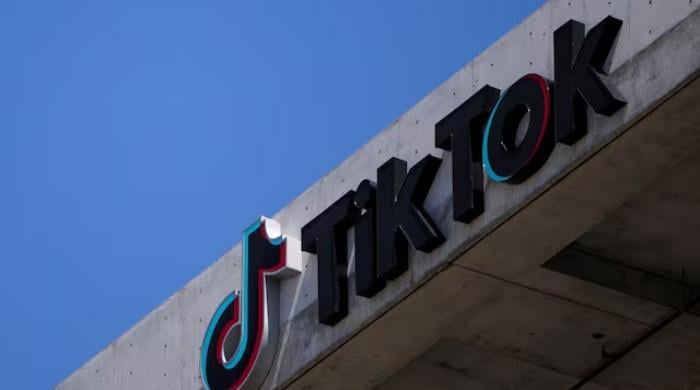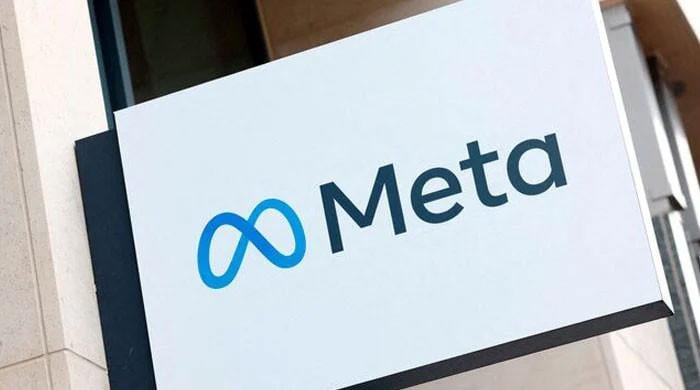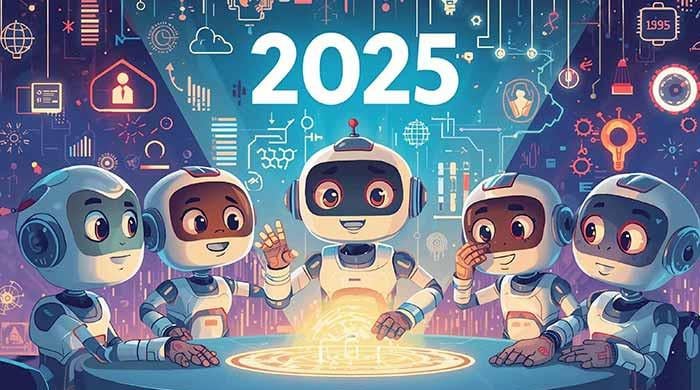Will humans witness Earth's second moon in next few days?
Earth will be getting a temporary second moon, but it'll not look exactly like the moon that sets the night alight
September 25, 2024

If you are bored of the moon that you see shining in the sky every night, then don't worry because that will change soon as the Earth will be getting a second moon.
In the coming days, the Earth will be getting a second moon for a limited time but it will not exactly look like the moon that sets the night alight.
According to ABC13, astronomers expect an asteroid to come close enough to Earth and temporarily enter its orbit at the end of this month, in a phenomenon dubbed as "mini-moon".
The asteroid which was discovered by the National Aeronautics and Space Administration (Nasa) on August 7 from the Arjuna asteroid belt will enter the Earth's orbit starting from September 29.
The asteroid will continue to orbit the Earth for about two months until November 25.
Researchers at the Asteroid Terrestrial-impact Last Alert System — a Nasa-funded programme — detected the asteroid using an instrument in Sutherland, South Africa and named it as 2024 PT5.
But will humans be able to see this second moon?
Unfortunately, humans on Earth will not be able to witness the second moon because, compared to the size of the Earth's moon, the asteroid is tiny, measuring about 10 metres in length.
What is the 'mini-moon' phenomena?
While explaining the so-called mini-moon phenomenon to the ABC News, Astrophysics Professor Adam Frank from the University of Rochester contrasted the asteroid with a "flying mountain in space".
"What we're having here is an asteroid, which is basically a flying mountain in space that usually orbits close to the Earth, or orbits in the same distance from the Sun as the Earth," he said.
"And it's getting captured by the Earth's gravity. And they'll be part of the Earth Moon system."
Researchers said that the previous mini-moon events were short-lived and occurred in 1981 and in 2022, ABC13 reported.









